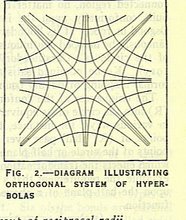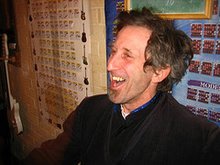"A statement, view or doctrine contrary to received opinion; an assertion seemingly absurd but really correct..." Concise English Dictionary
I have a theory that the human capacity to endure paradox, to still be able to think while within the midst of absurd contradictions is one of the things that makes us human. And may be linked to our destiny as a species. Strict rationalists who think otherwise will assert that one of the contradictions is false, and that paradox is a screen for muddy thinking, but I don't think it's that easy to dismiss. I go back to the benobos and chimps of an an earlier post. At one point in the evolutionary chain we all had a common ancestor, the chimps went one way, the benobos went another, and we went up the middle. The chimps maintain their borders by killing chimps from other family groups, the benobos maintain their borders by having sexual relations with their neighbour. The common ancestor found the issue of border so fractious it slit in three. The human capacity to make love or war appears to have given us an edge over the chimps or the bedobos.
The existence of the Roman Alphabet is a case in point. It's actually the Latin alphabet. The Romans and the Latin's were at one point two distinct tribes.
They Romans conquered the Latins, and in the way of such things, the Latin men were killed, while the Latin women were kept alive. The mother tongue of new born Romans however became Latin. As Lewis Thomas points out in Lives of the Cell, symbiosis began as failed attempts at predation.
In other tribal instances, negotiated peace became the norm, and conflicts were avoided through marriage, and dynastic alliances, and mother tongues preserved the remains of lost cultures.
The contradictions of war or peace couldn't be abolished, they had to be negotiated in subtler ways than was allowed either the benobo's or the chimp's methodologies.
I'll come back to this idea of paradox and human destiny.
The 1100th Movement
Let's all head to the tipping point axle and hang ten.
Thursday, March 29, 2007
Subscribe to:
Post Comments (Atom)


No comments:
Post a Comment